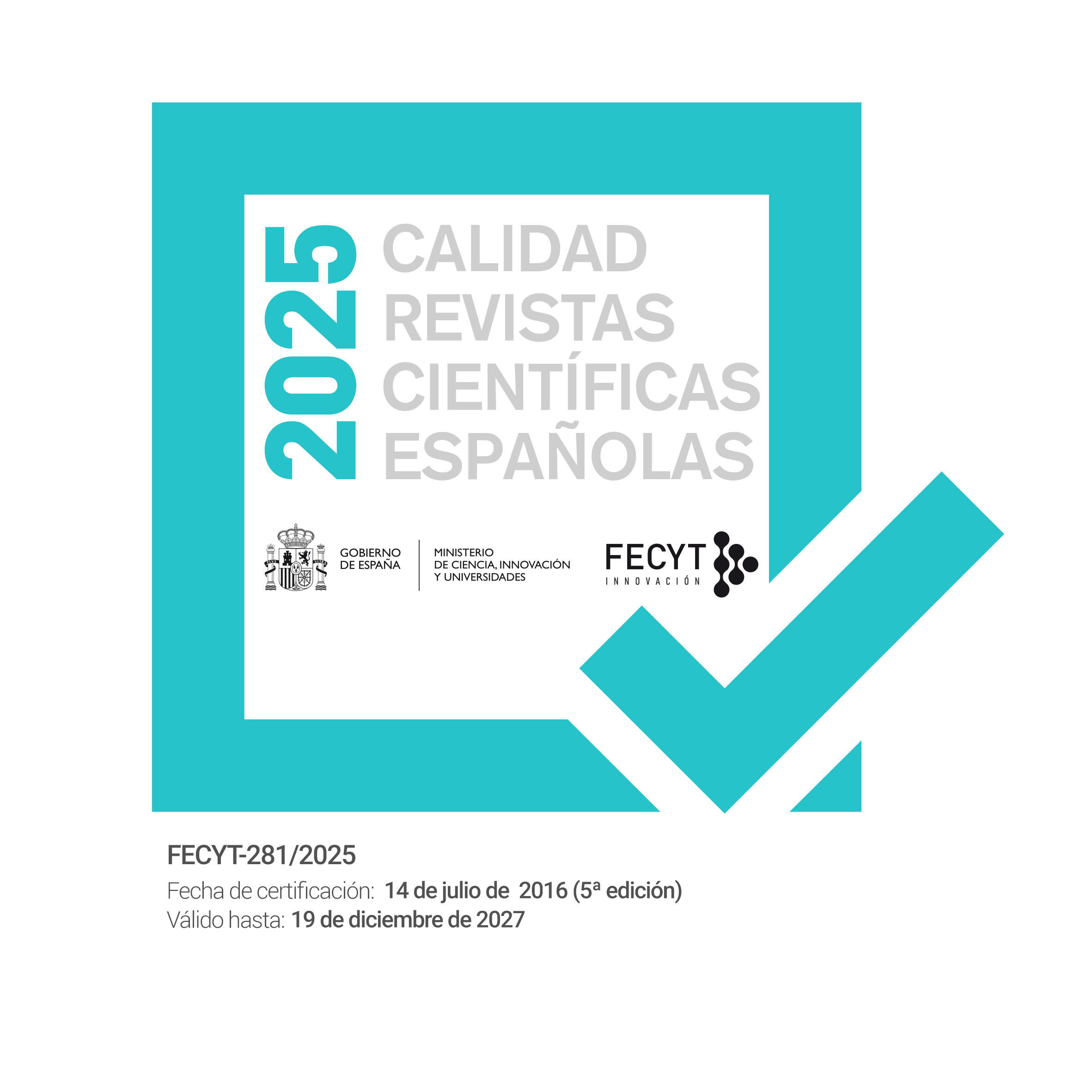IDENTIDAD Y VOZ AU(C)TORIZADA: LA FUNCIONALIDAD DE LA CITA CICERONIANA DE LOS POETAE VETERES
Abstract
It is possible to find, through Cicero’s works, a great number of citations of the so-called “archaic authors” –as Naevius, Ennius-, which are the result of the Arpinate’s own readings. The objective of our article consists on pointing out their frequent appearances in important places of the Ciceronian production and on analizing its particular function within this context. Thus, our purpose is focused on establishing how the inclusion of somebody else´s voice in those texts allows to see a number of discursive strategies that collaborate in the construction of Cicero’s identity as an author. It’s possible, then, to prove that his appropriation and manipulation of the sources -acquired through his readings- tend to be similar to those applied to the construction of his political imago. Authorized through tradition, Cicero himself becomes an auctor and a privilege interpreter of the Roman history by means of his poetic work. Therefore, we contemplate a twofold intention in quoting these old texts: the auctoritas that comes from their place in tradition and the relationship that Cicero establishes with them on a poetic level, association that acts as a guarantee in order to enable him to place himself as their follower and the next link in the chain towards poetic perfection.Downloads
-
Abstract190
-
PDF (Español (España))153
Las obras que se publican en esta revista están sujetas a los siguientes términos:
1. El Servicio de Publicaciones de la Universidad de Murcia (la editorial) conserva los derechos patrimoniales (copyright) de las obras publicadas, y favorece y permite la reutilización de las mismas bajo la licencia de uso indicada en el punto 2.
2. Las obras se publican en la edición electrónica de la revista bajo una licencia Creative Commons Reconocimiento-NoComercial-SinObraDerivada 3.0 España (texto legal). Se pueden copiar, usar, difundir, transmitir y exponer públicamente, siempre que: i) se cite la autoría y la fuente original de su publicación (revista, editorial y URL de la obra); ii) no se usen para fines comerciales; iii) se mencione la existencia y especificaciones de esta licencia de uso.
3. Condiciones de auto-archivo. Se permite y se anima a los autores a difundir electrónicamente las versiones pre-print (versión antes de ser evaluada) y/o post-print (versión evaluada y aceptada para su publicación) de sus obras antes de su publicación, ya que favorece su circulación y difusión más temprana y con ello un posible aumento en su citación y alcance entre la comunidad académica. Color RoMEO: verde.





